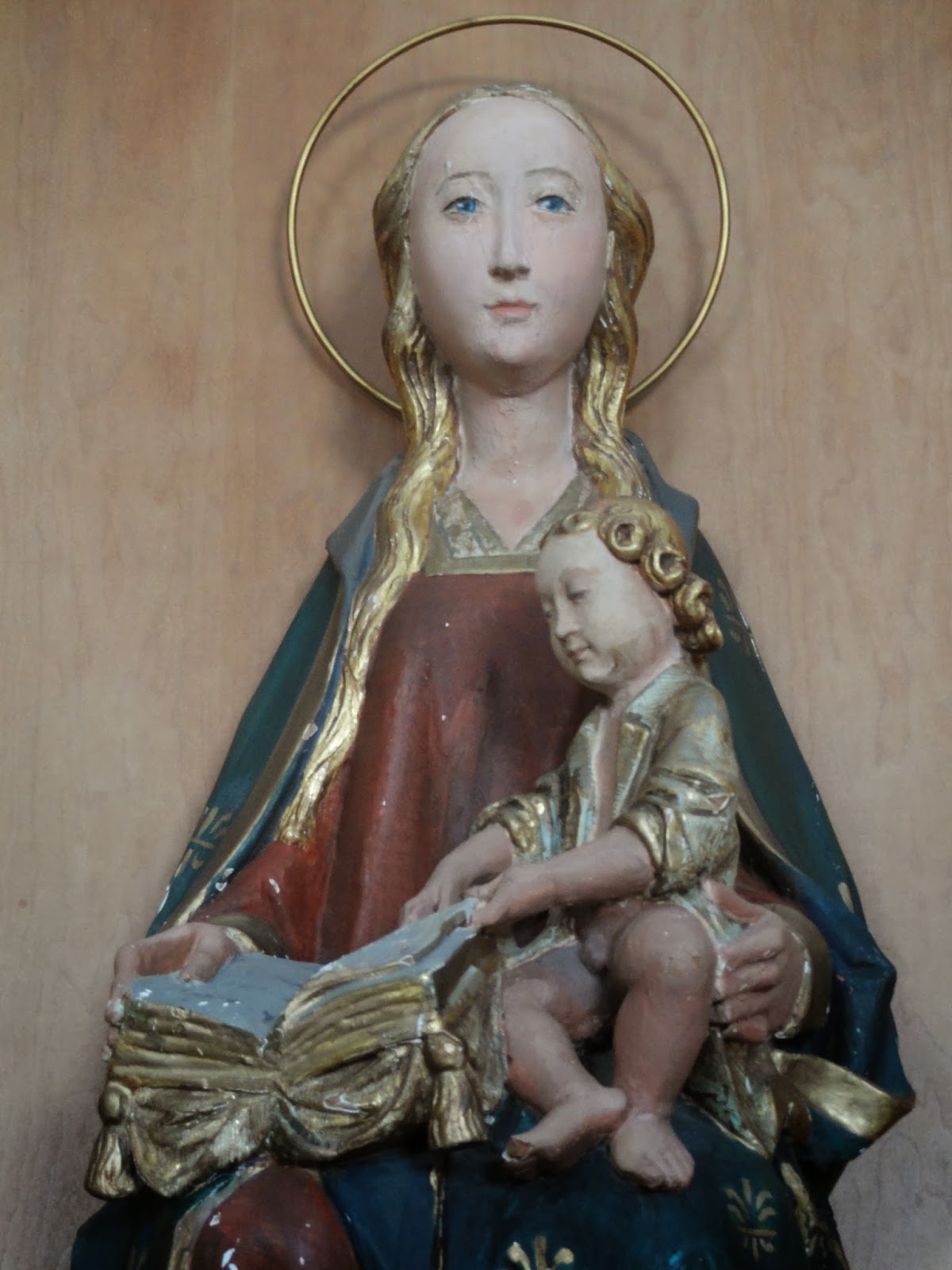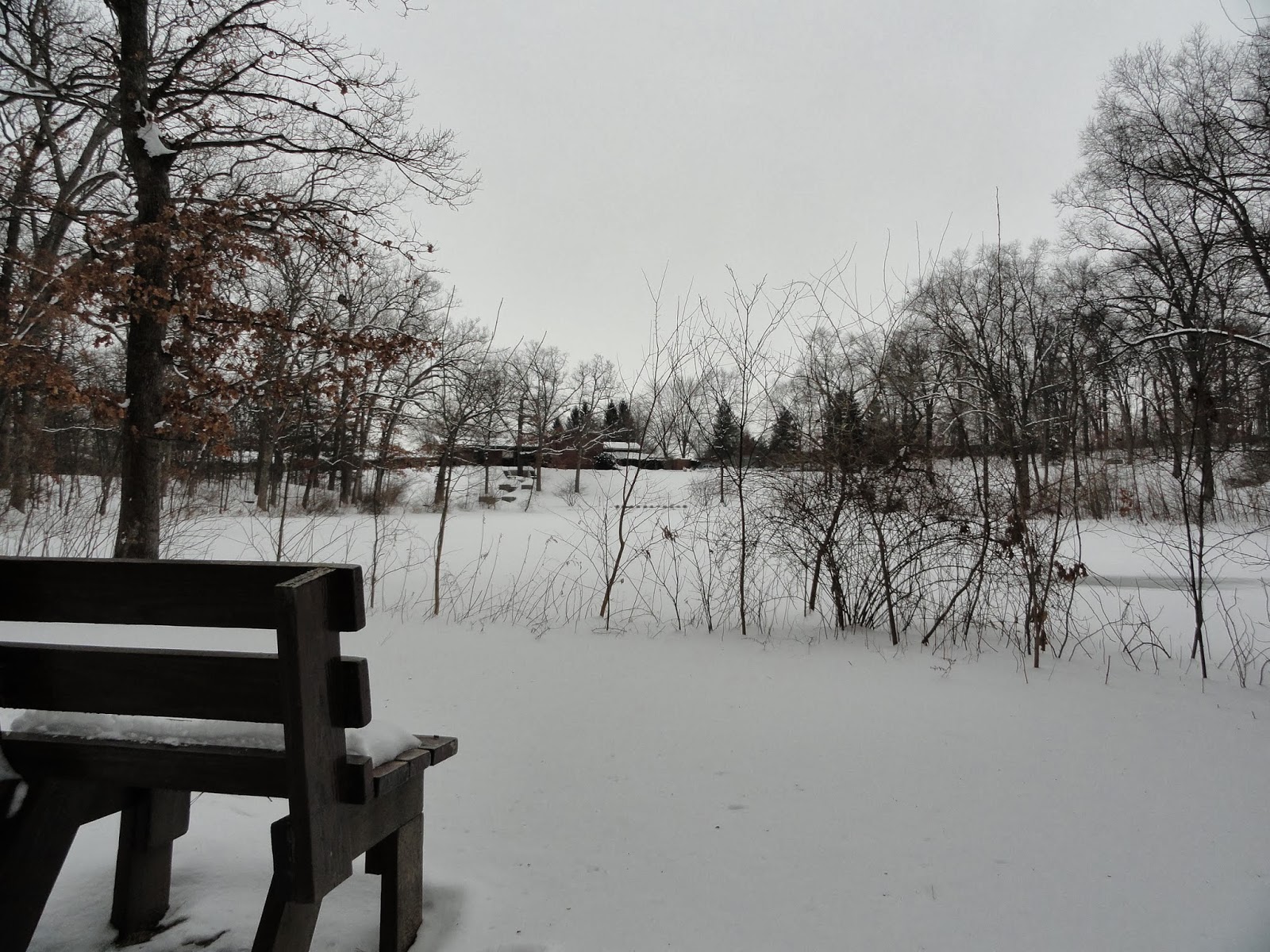-------------------------------------------
Homily:
7th Sunday of Ordinary Time: Cycle A
Perhaps many of you have heard about a new film that is
coming to theaters next week entitled Son
of God. It is a dramatized biography
of Jesus pulled from the accounts of his life and ministry in the Gospels. It has gotten some very positive reviews in
Catholic circles and so I hope to have the opportunity to see it while it is in
theaters.
While multiple films about Jesus have been made ever since man
started making films, for me the watershed film has to be Mel Gibson’s The Passion of the Christ. For those of us who grew up watching too much
TV and are thus “imaginationally challenged”, this film answered a lot of those
“I wonder what that was like?” questions.
I know that many people decided not to see it because the filmmakers did
not hold back in depicting the violence that Jesus suffered (almost, perhaps,
overdramatizing it). But if you are an
adult and you haven’t seen this film, I think that you should. Because if you’ve never pondered Jesus’
passion as graphically as this film depicts it, then you’ve never deeply
meditated on what Jesus suffered to save us from our sins.
All that aside, however, one of the things that the film
does highlight is the fullness of Jesus’ humanity. The film begins with Jesus in the Garden of
Gethsemane suffering in his agony over what he is about to endure. Jesus is both fully human and divine, which
means that he has both a human will and a divine will. Although Jesus’ divine will is powerful
enough to override his human will at any time, it never does. This because, in order for Jesus’
self-sacrifice to be truly salutary for us, he had to be completely obedient to
the Father’s will by using his natural human
will alone.
Thus, we see him in such great turmoil in the Garden. His human will is resisting to its fullest
extent what the Father has planned for him to endure. It begs, it pleads to the Father that there
would be some other way to accomplish his will, but there isn’t; and from
there—that is, from the moment that Jesus accepted in perfect obedience the
will of his Father—we see Jesus in complete control.
When the soldiers arrived to arrest him in the Garden,
Jesus offered them no resistance (and even commanded his disciples who were
with him to do the same). When they
struck him, he did not strike back. When
they questioned him, he did not evade their questions, but gave them more than
they asked for (that is, more than they had hoped he would in order to condemn
him). And when he was so mercilessly
scourged he did not beg them stop, but remained silent through it all. He accepted all of the evil that was done to
him and, in the end, still loved those who had subjected him to it: “Father,
forgive them for they do not know what they are doing.”
Jesus did all of this using his human will alone, for it had
to be so. In doing so, he modeled the
human perfection that he called his disciples to in the Sermon on the Mount:
“When someone strikes you on your right cheek,” he said, “turn the other one as
well. If anyone wants to go to law with
you over your tunic, hand over your cloak as well. Should anyone press you into service for one
mile, go for two miles.” What Jesus was
teaching us, and what he modeled for us, is that we are to accept all of the
evil that befalls us in this world; and that we overcome it, not by resisting
it or by trying to destroy it, but rather by living as if it has no power to
destroy us. In other words, it seems as
if Jesus is teaching us that an evil force loses its strength when the object
of its attack absorbs it rather than resists it.
Now Jesus is not advocating passivism that leads us to be
perpetually abused. Rather, he is
indicating the kind of passivism that “takes the wind out of the sails”, so to
speak, of those who do evil by turning around and loving them with a
self-sacrificial love instead. To turn
the other cheek says to the person, “you may strike me again, but I’m not
giving up on our relationship.” To give your
cloak to the one who demanded your tunic is to say to that person, “if you so
desperately need clothing, here take all that I have and be well.” And to go two miles with the one who presses
you into service for one says “I hold no grudge, I harbor no rancor in my heart
for you.” To do this makes plain their
wickedness and, as Saint Paul would say later in one of his letters, it “heaps
burning coals onto their heads.” This,
Jesus is teaching us, is the way to “be perfect, just as our heavenly Father is
perfect.”
“Oh, but father, isn’t this kind of perfection impossible
for us?” By our own human will alone—broken
as it is by sin—of course it is! But it
isn’t about that alone. Rather, it’s
about our nature and our end: our nature as creatures made in the image of God
and our end which is to be one with him forever. In other words, this is not about some moral
code imposed on us from outside of us that is impossible for us to
achieve. Rather, it’s about becoming who
it is that we truly are: creatures made in the image and likeness of God,
destined to be perfectly united with our creator forever.
In order for us to achieve this destiny, therefore, me must
strive to conform ourselves to this image in which we have been created. God, our creator, endures countless evils
from his creatures. And does he ever
retaliate against us? No! Rather, what does he do? “He makes the sun rise on the bad and the
good, and causes the rain to fall on the just and the unjust”, doesn’t he? In other words, in spite of the way that he
has been treated by his ungrateful creatures, he continues generously to pour
down on us all that we need and then some.
Our work of perfection, therefore, is to strive to live this model.
My brothers and sisters, by enduring his passion in perfect
obedience to the Father using only his human will, Jesus has shown us the way
to perfection. In giving us the
Eucharist, he has given us the spiritual strength that we need to follow
him. Let us, today, say “yes” to the
grace that perfects us and thus be transformed—or rather set free—to achieve
the perfection that awaits us: our perfect communion with the Triune
God—Father, Son, and Holy Spirit.
Given at All Saints Parish:
Logansport, IN – February 23rd, 2014
















